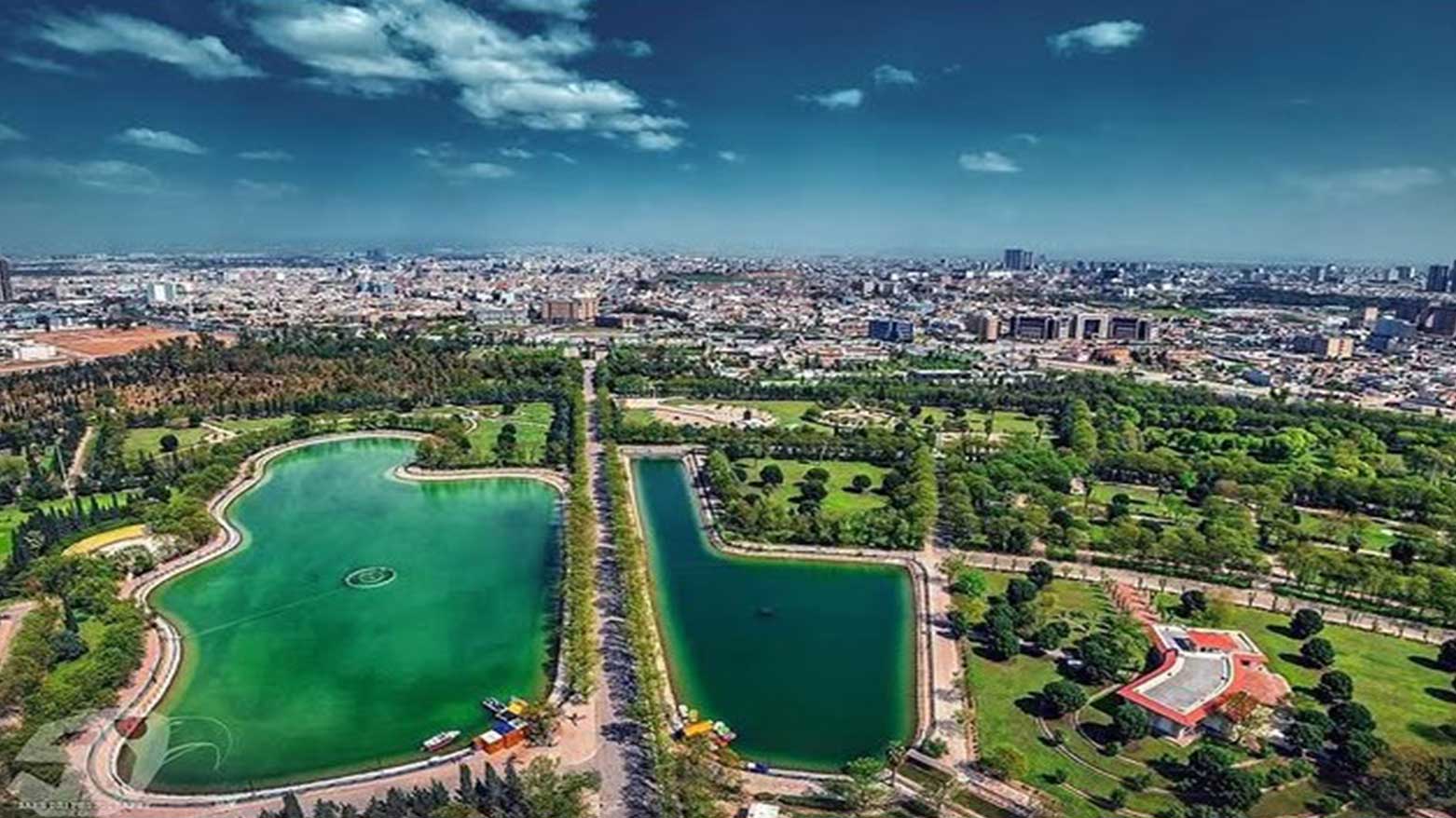Kurdistan Steps Up Environmental Enforcement with Sweeping Crackdown on Unlicensed Refineries
Prime Minister Barzani’s administration is determined to make environmental protection a pillar of its legacy—one that prioritizes sustainability, public health, and legal accountability.

ERBIL (Kurdistan24) — The Kurdistan Regional Government (KRG) has launched a robust crackdown on environmental violations across the region as part of a growing commitment to protect the environment and curb pollution, the Prime Minister’s advisor revealed on Tuesday.
Bayan Sami Abdulrahman, Advisor to Prime Minister Masrour Barzani, announced that efforts are underway to increase the government's environmental oversight and shut down unlicensed refineries polluting the region’s air, water, and soil. The initiative, he noted, comes directly under the instruction of Prime Minister Barzani.
“Under the directive of Prime Minister Masrour Barzani, strict legal measures have been enforced against all individuals and entities responsible for polluting the environment,” Abdulrahman stated. “So far, 59 unlicensed refineries have been closed in Erbil alone, along with 13 others in Duhok province, as part of a broader campaign involving the shutdown of 138 total sites.”
This environmental push follows a high-level meeting chaired by Prime Minister Barzani on Jan. 12, 2025, which focused on investigating the rising air pollution in Erbil and Duhok and its severe consequences for public health.
In the meeting, Barzani underscored the strategic importance of environmental protection, calling it a cornerstone of the KRG’s governance agenda. “Environmental stewardship is a national responsibility. We must all take part in protecting and preserving Kurdistan’s natural beauty for future generations,” he declared.
Over the past decade, rapid urbanization, industrial expansion, and unregulated fuel usage in the Kurdistan Region have contributed to rising pollution levels—particularly from unlicensed refineries, vehicle emissions, and unregulated waste disposal. Health experts have raised concerns about the long-term impact on respiratory health, water safety, and overall public wellbeing.
This new wave of action—backed by legal frameworks—signals a shift toward proactive environmental governance. It also aligns with broader global efforts to combat climate change and promote sustainable urban development.
Key Decisions from the KRG Council Meeting:
1: Immediate Shutdown of Unlicensed Operations: Any refinery or facility operating without proper licenses or in violation of environmental guidelines will face immediate legal action and closure.
2: Ban on Polluting Fuel Sources: Production, distribution, or smuggling of polluting fuel—especially low-grade vehicle fuel—will be prohibited due to its health risks. Limits will also be introduced on the flaring of associated petroleum gas in oil fields.
3: Regulation of Private Generators: Owners of diesel-powered electricity generators must adhere to new regulations, including the installation of sound and pollution filters. Violators will face legal consequences.
4: Control of Water Pollution: Strict oversight will be enforced on the use of contaminated water sources in agricultural irrigation or municipal landscaping to prevent the spread of waterborne diseases and soil degradation.
Looking Ahead
These efforts reflect an increasing political will within the KRG to move toward greener policies. Officials have hinted that several private sector environmental projects are also underway to mitigate climate-related challenges and foster a cleaner, healthier Kurdistan.
Prime Minister Barzani’s administration is determined to make environmental protection a pillar of its legacy—one that prioritizes sustainability, public health, and legal accountability.
